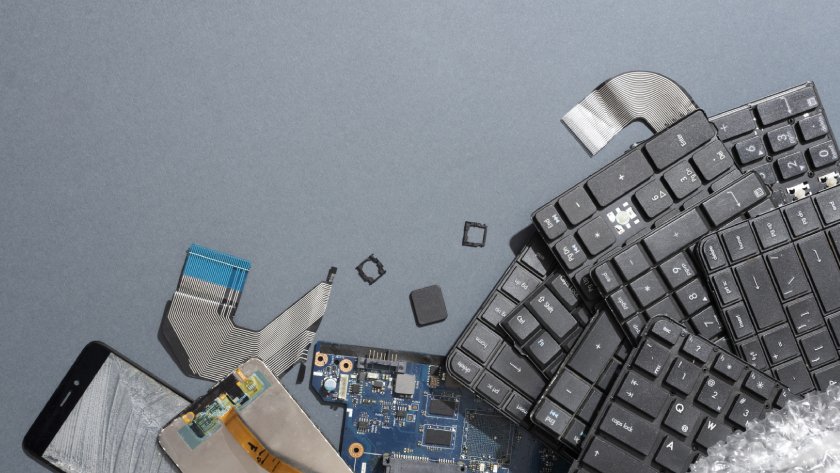Synopsis –
Waste Electrical and Electronic Equipment (WEEE) recycling is a critical component of India’s environmental strategy to reduce electronic waste and its harmful impacts. This blog delves into the specifics of WEEE recycling in India, highlighting how it supports sustainable development by efficiently managing electronic waste. Explore the challenges, technological advancements, and benefits of WEEE recycling programs that help conserve natural resources and safeguard public health and the environment.
Advancing Environmental Solutions with WEEE Recycling
Waste Electrical and Electronic Equipment (WEEE), often called e-waste, presents one of the fastest-growing waste challenges globally, particularly in rapidly developing economies like India. As electronic consumption continues to rise, so does the volume of e-waste, necessitating effective recycling solutions to mitigate its environmental impact.
Understanding WEEE Recycling WEEE recycling involves reclaiming valuable materials from old and discarded electronics and safely disposing of non-recyclable components. This form of recycling is crucial for resource conservation and preventing hazardous substances found in electronic waste from polluting the environment. These substances include lead, mercury, cadmium, and brominated flame retardants, which can have severe health implications if not managed properly.
Technological Advancements in WEEE Recycling In India, advancements in WEEE recycling technologies have significantly improved resource recovery efficiency. State-of-the-art facilities now employ sophisticated mechanical and chemical processes to dismantle and recover valuable materials such as copper, aluminium, gold, and silver from electronic waste. These technologies not only enhance the purity of the recovered materials but also reduce the environmental footprint of the recycling process.
Economic and Environmental Benefits The benefits of WEEE recycling extend beyond environmental conservation. Economically, it contributes to creating new job opportunities in the recycling sector and promotes the growth of a circular economy. Environmentally, it drastically reduces the amount of waste sent to landfills and decreases greenhouse gas emissions by offsetting the need for new material production.
Statistical Insight According to a report by the Global E-waste Monitor, India generated approximately 3.2 million tonnes of e-waste in 2019, but only about 20% was recycled through formal channels. This statistic underscores the critical need to expand and enhance WEEE recycling infrastructures in the country.
A quote from famous Indian environmentalist Sundarlal Bahuguna once said, “We do not inherit the earth from our ancestors; we borrow it from our children.” This perspective is particularly poignant for WEEE recycling, highlighting the responsibility to manage our resources wisely and safeguard the planet for future generations.
Challenges in WEEE Recycling While WEEE recycling in India is progressing, several challenges hinder its full potential. These include inadequate collection systems, lack of consumer awareness about proper e-waste disposal methods, and limited enforcement of existing e-waste regulations. Addressing these challenges requires concerted government, industry, and public efforts.
Endeavor Recyclers’ Role in Promoting WEEE Recycling At Endeavor Recyclers, we are committed to transforming WEEE recycling in India. Our comprehensive recycling programs comply with national regulations and set industry standards for responsible e-waste management. By partnering with us, businesses and consumers can contribute to a sustainable future, ensuring that e-waste is processed in an environmentally sound and socially responsible manner.
This blog provides:
- An in-depth look at WEEE recycling in India.
- Covering its important benefits.
- The challenges it faces.
It aims to educate and inspire stakeholders to adopt more sustainable practices in e-waste management, promoting environmental health and resource conservation.


